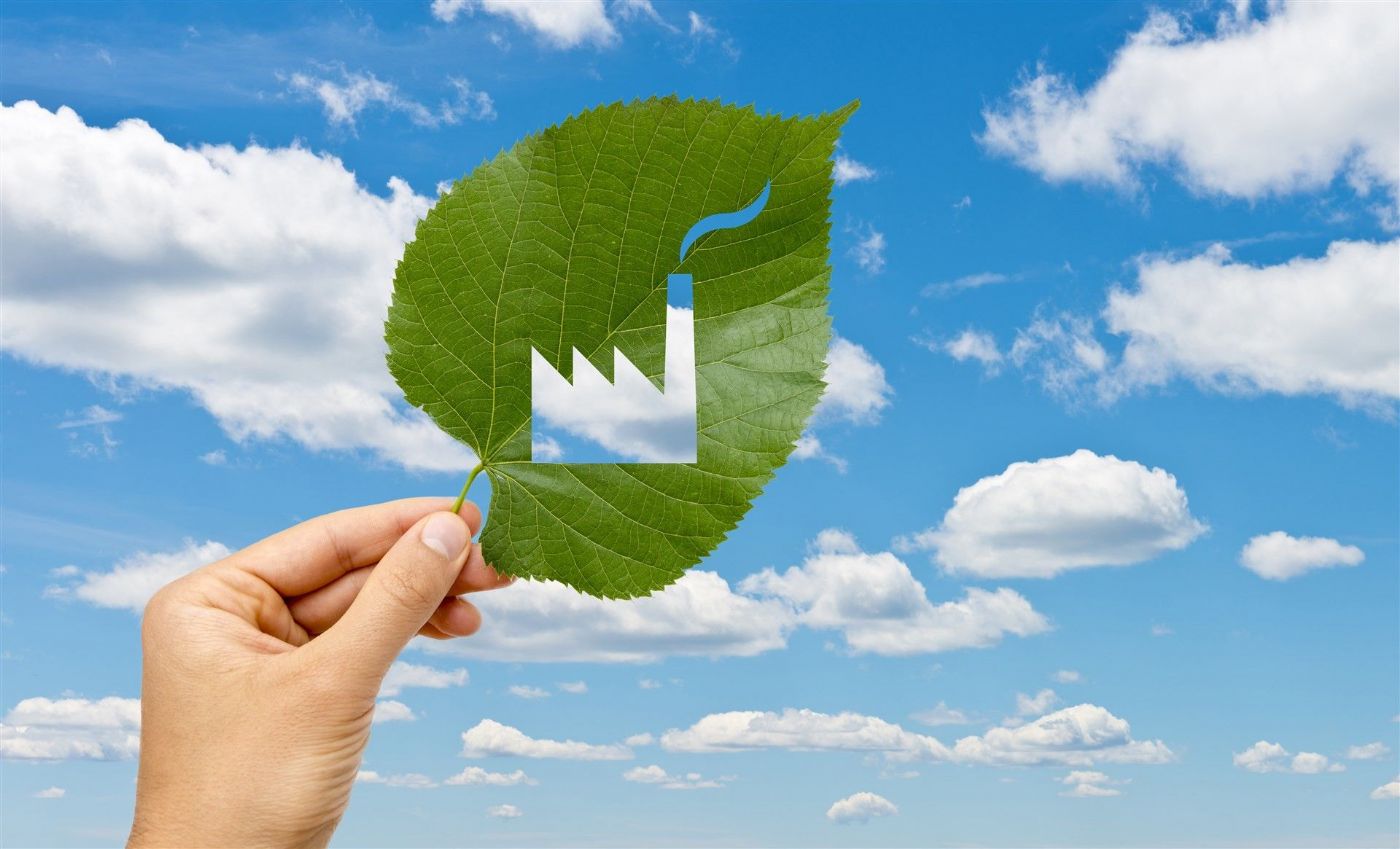“Sustainability” methods and targets of global lubricant manufacturers are strong. Ensuring sustainability in lubricant production and consumption is a priority for today, and a must for tomorrow. Lubricants are used in almost every field of our lives; therefore, sustainability in the entire lifecycle of lubricants from source to end-use is an obligation of manufacturers to the human life, the environment and the earth. In this way, manufacturers maintain the economic growth-social development-environmental protection balance and gain a prestigious place in the market.
Manufacturers maintain and improve sustainability with their process management and product specifications. Using the best available technology in production processes is the basis for energy efficiency and sustainable production. Carbon footprint of the transportation and storage of lubricants must be at the lowest level possible. Sustainable supply chain management is as vital as the management of facilities and plants. At the consumption stage, lubricant selection and waste management are the most important aspects. Quality of the lubricants used in the equipment which are in contact with the soil, surface and underground waters, and the white oil used in cosmetics and medical sectors are also important and need special attention. Energy management in production helps decrease greenhouse gas emissions, and contributes to the manufacturers’ fight against climate change.
Using the right lubricant makes a positive impact on energy efficiency, fuel economy, mechanic energy losses and equipment lifetime, which eventually improves sustainability. Besides, lower costs for consumers constitute the green economic projection of environmental advantages.
Extending the lubricant life and change intervals decreases the consumption and the amount of waste oil. This in turn provides significant progress in sustainability management on the basis of the circular economy system. Recycling used lubricating oils is a great option for sustainability management in circular economy.
Sustainability for lubricating oils means innovation. Competition is harsh in the global market; sustainability management is gaining more importance in product diversification, and a higher number of sustainable solutions are offered to consumers while the share of climate-friendly lubricants is increasing and climate-friendly brands are growing stronger.













